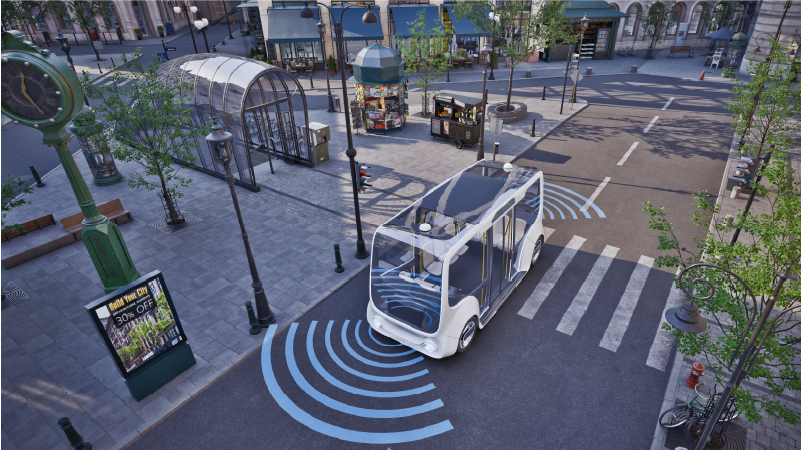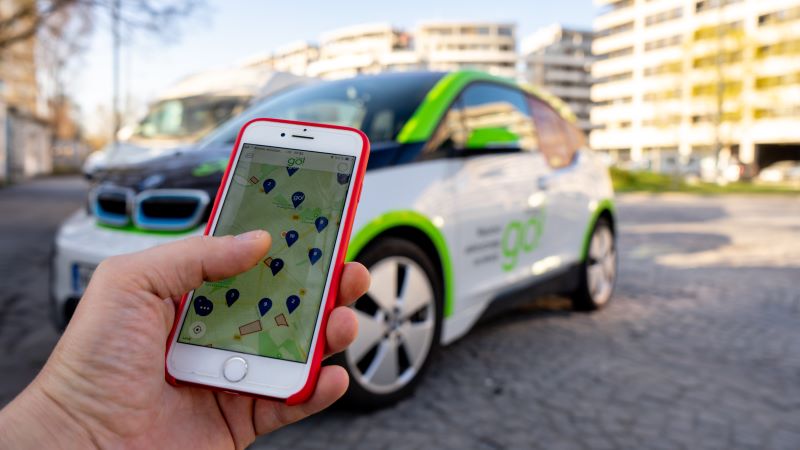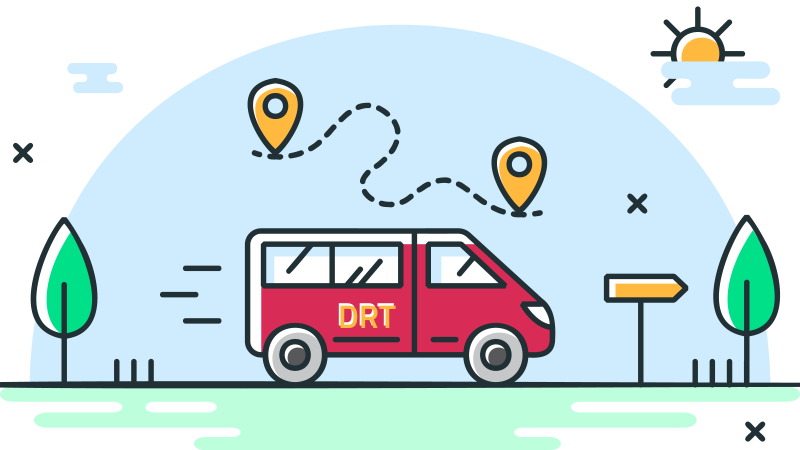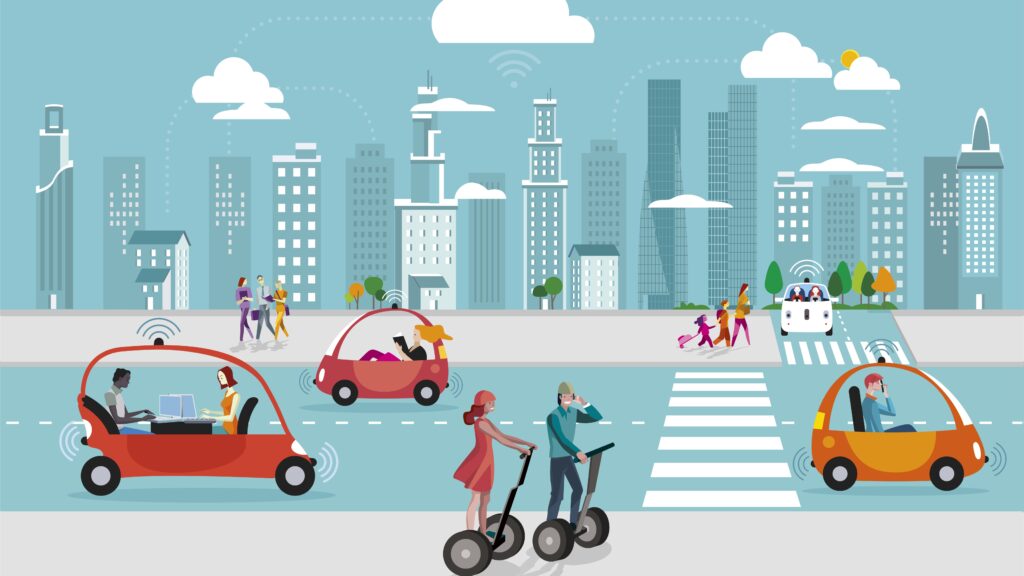The future of mobility, from autonomous vehicles to urban air mobility and robotics.
It involves urban air mobility, app-based / demand-responsive transport, shared mobility: ride sharing, car sharing, taxi; autonomous vehicles, future of public transport and rail, smart cities, future of private car usage, post-COVID-19 mobility, etc.

Fundamentals of Public Transport: key components for success
This course explores the essentials of public transport, defining key concepts, evaluating success, improving services, and addressing funding and management. You will gain a comprehensive understanding of creating efficient, user-friendly public transport systems.
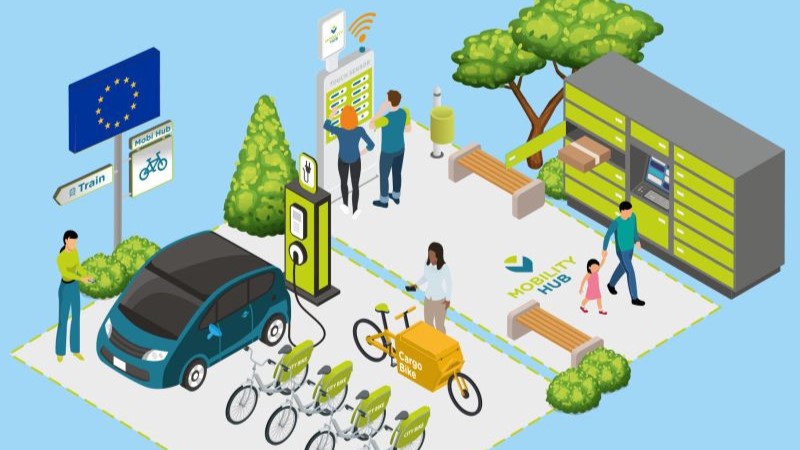
Implementing Mobility Hubs to Reduce Car Dependence in Cities
This course introduces mobility hubs and their role in reducing private car usage. Explore different types of mobility hubs, gain insights from experts, and learn practical design principles through a step-by-step guide to designing and implementing mobility hubs.
Frequently Asked Questions about Future Mobility and Trends
1. Do I need a degree to work in Future Mobility?
A degree can be helpful, but it’s not always a must. Many jobs in the field focus more on practical experience in areas like autonomous vehicle technology, urban air mobility, and shared mobility. Additionally, technical skills in areas of data analysis, programming, and AI applications in mobility can sometimes help open doors even without academic qualifications.
2. What are common topics covered in Future Mobility courses?
Topics covered in these courses include autonomous vehicles, urban air mobility, app-based and demand-responsive transport (DRT), shared mobility, future public transport and rail systems, smart cities, and the future of private car usage. These courses also tackle the recent implementations of Artificial Intelligence (AI) in urban transportation systems.
3. What skills or experience do I need to start a career in Future Mobility?
To get started, you’ll need a good grasp of data analysis and AI applications in mobility, along with knowledge of autonomous vehicle technology. Experience with urban transport planning, project management, programming, and a grasp of shared mobility systems can give you an extra edge.
4. What are some common career paths for someone learning about Future Mobility?
You can pursue roles like autonomous vehicle specialist, urban air mobility planner, data analyst, shared mobility coordinator, smart city consultant, demand-responsive transport manager, and more. People in this field often find opportunities in urban planning, transportation agencies, technology firms, and government organisations.
5. What are the benefits of taking an online course about Future Mobility?
An online course in Future Mobility offers flexibility and convenience, letting you learn at your own pace from anywhere. Plus, these courses are often updated, which means they provide current knowledge and practical skills that are directly useful in the industry and could lead to job opportunities.
6. Why is it important to learn about Future Mobility?
It’s essential to learn about Future Mobility because these topics cover the emerging technologies that will redefine transportation. This knowledge equips you to help build smarter, more sustainable and efficient urban environments.
7. How long do courses about Future Mobility typically take to complete?
Course lengths vary, but most can be completed in a few days to a couple of weeks, depending on the material and your speed.
For detailed information on specific courses, visit these pages:
Explore courses on all categories
Our Awards





Newsletter
Stay in the loop with the latest updates! By signing up for our email newsletter, you’ll be the first to know about new courses and publications, updates, upcoming activities and exciting information tailored to your interests. Join us today and be part of our community.
By clicking “Subscribe” I give EIT Urban Mobility my consent for the use of my personal data for the purpose of sending me newsletters in accordance with EIT Urban Mobility’s Privacy Policy




